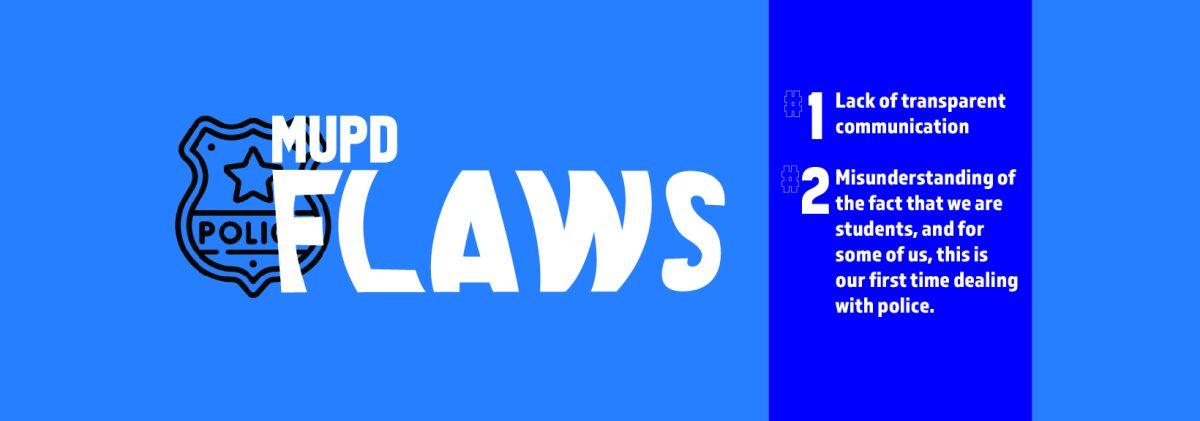I was exposed to an abstinence-only sex education ten years ago when I was in eighth grade. My high school was among many that opted to take advantage of federal and state funded sex education programs, which are funded under the Personal Responsibility and Work Opportunities Act of 1996. Studies have shown that abstinence-only sex education programs are not effective at preventing or reducing teen sexual activity or pregnancy. Why then do we continue to allow tax-funded abstinence-only programs to shape the minds of our impressionable youth?
My experience with this type of program left me ill-equipped to deal with the reality of teenage sexual activity. In fact federal law requires that these programs’ “exclusive purpose” must be to teach the benefits of abstinence, which for many teenagers in America, is not reality.
Obviously there is nothing wrong with teaching abstinence in schools. Abstinence is the only 100% guaranteed way to prevent pregnancy, STIs and HIV. However, these programs, as the name implies, only teach teenagers about the benefits of abstinence. They do not educate about the benefits of using contraception. In fact many organizations teach our kids a shocking amount of inaccurate, religious-based information.
My own experience with abstinence-only education was shocking. Among other things I was taught that condoms are not effective at preventing pregnancy, STIs and HIV. I was taught that I would be emotionally damaged if I engaged in sex before marriage and that abstinence until monogamous marriage is the standard for human sexual activity. I was never taught the value of being open and honest about sex in a relationship, to discuss sexual activity with my partner or the importance of preparing emotionally and practically before engaging in sexual activity. I was not taught to value my body and myself; instead I was taught to be ashamed of my sexuality. I was taught to believe that every time I had a new partner I would lose more capacity for real love. These lessons ran deep and left me vulnerable to emotional problems in the future. The instructors of this course opted not to teach us the values of using contraception all the time, every time and chose instead to focus on their failure rates. Educational programs such as this have been shown to decrease safe sex practices in teenagers and do nothing to prevent early sexual activity.
We need a broad sex education curriculum that promotes abstinence as the best way to avoid unintended pregnancy and STIs but that also teaches complete and medically accurate information about contraception and condoms. Comprehensive sex education gives teens the resources they need to build strong, healthy relationships with themselves and others. We need to teach kids the confidence and power necessary to say no and to make responsible decisions about their sexual health. Sex education must include tools that empower our kids to respect their sexuality and that of others. Abstinence-only is not enough. It harms our children by failing to teach them safe sex practices and how to deal with the reality of teen sex. This issue will soon be up for debate within Missouri’s legislature; therefore you should contact your local legislators and tell them how important quality and comprehensive sex education is to you and your family.
—_Jordyn Killion, [email protected]_











